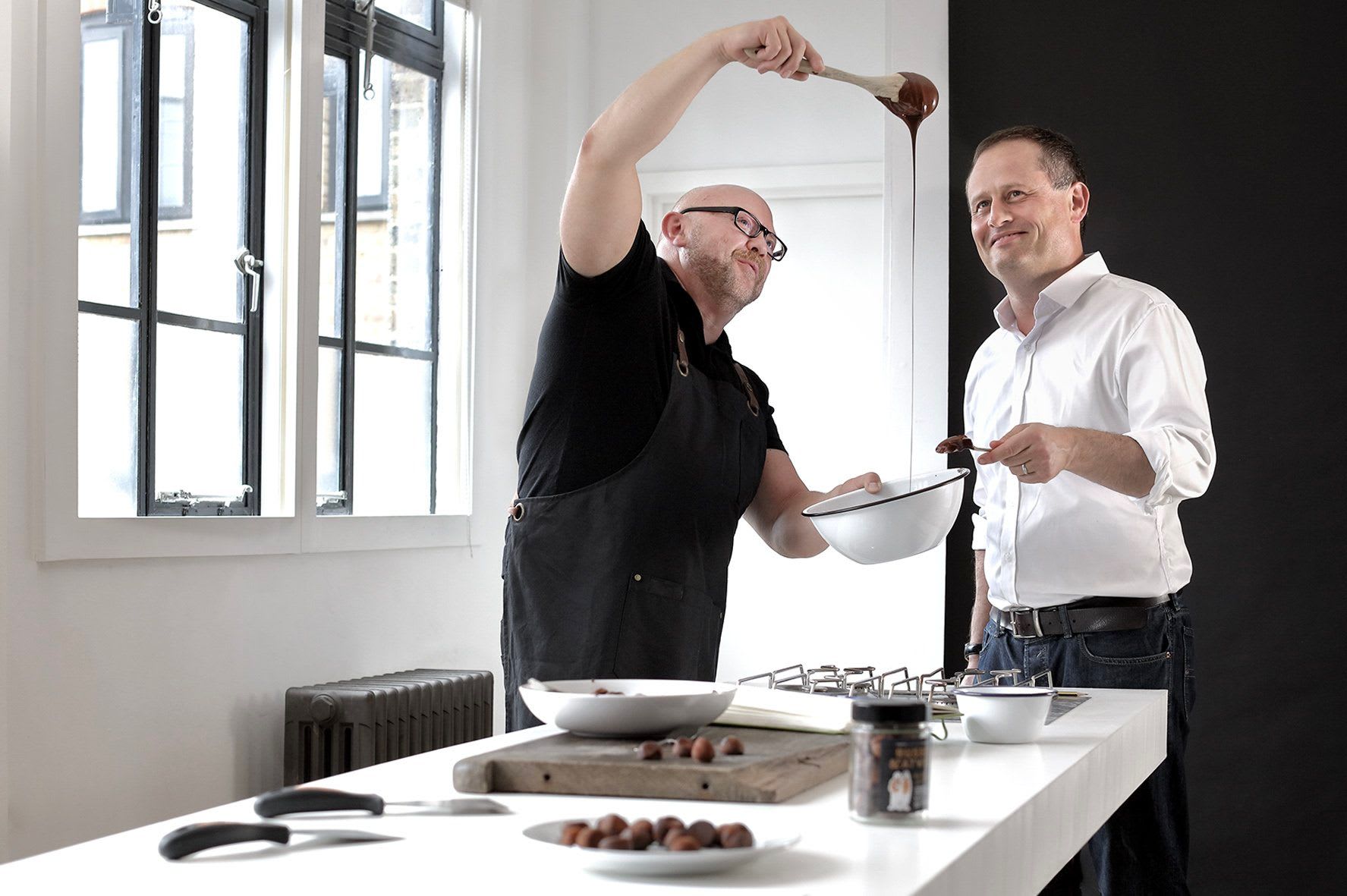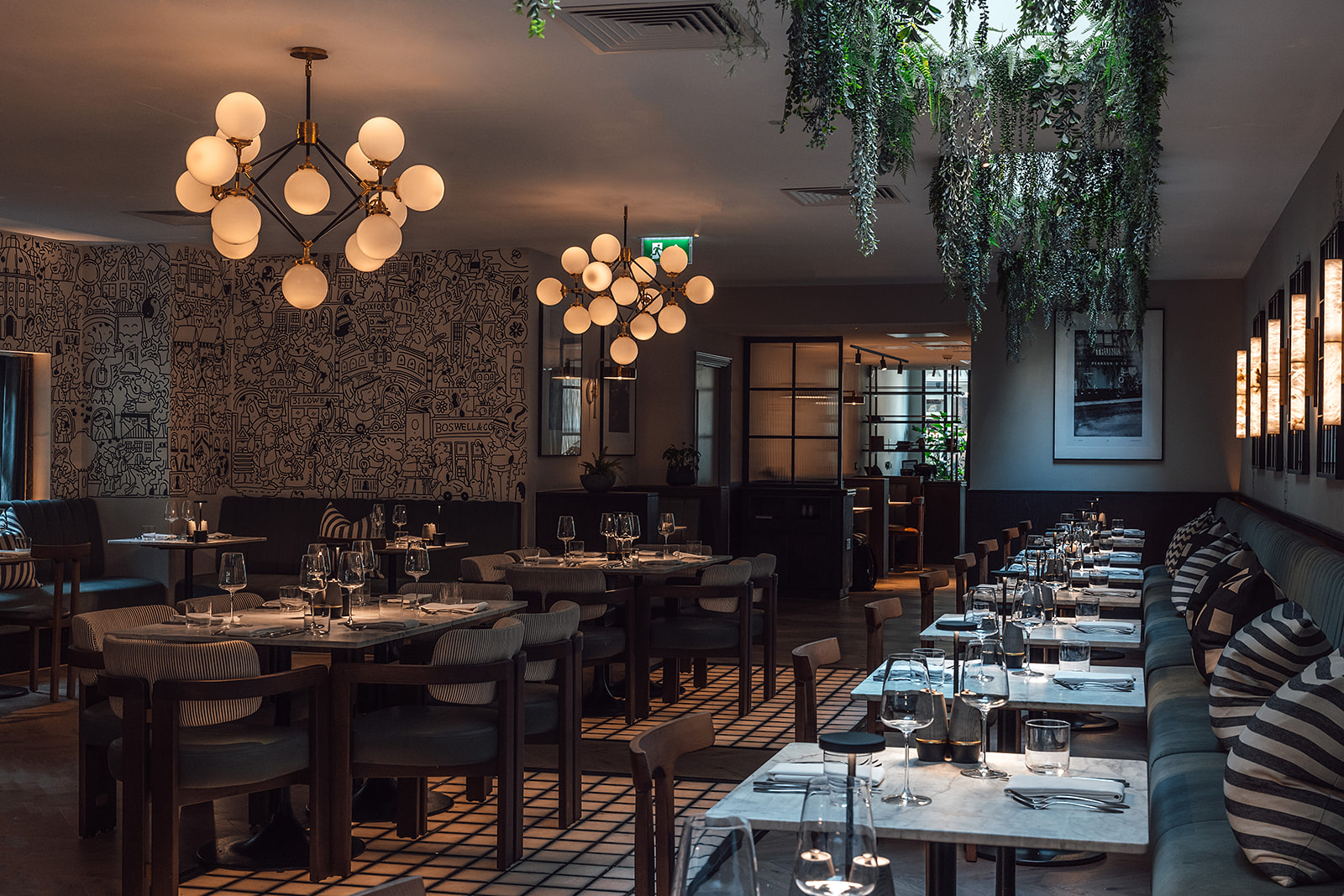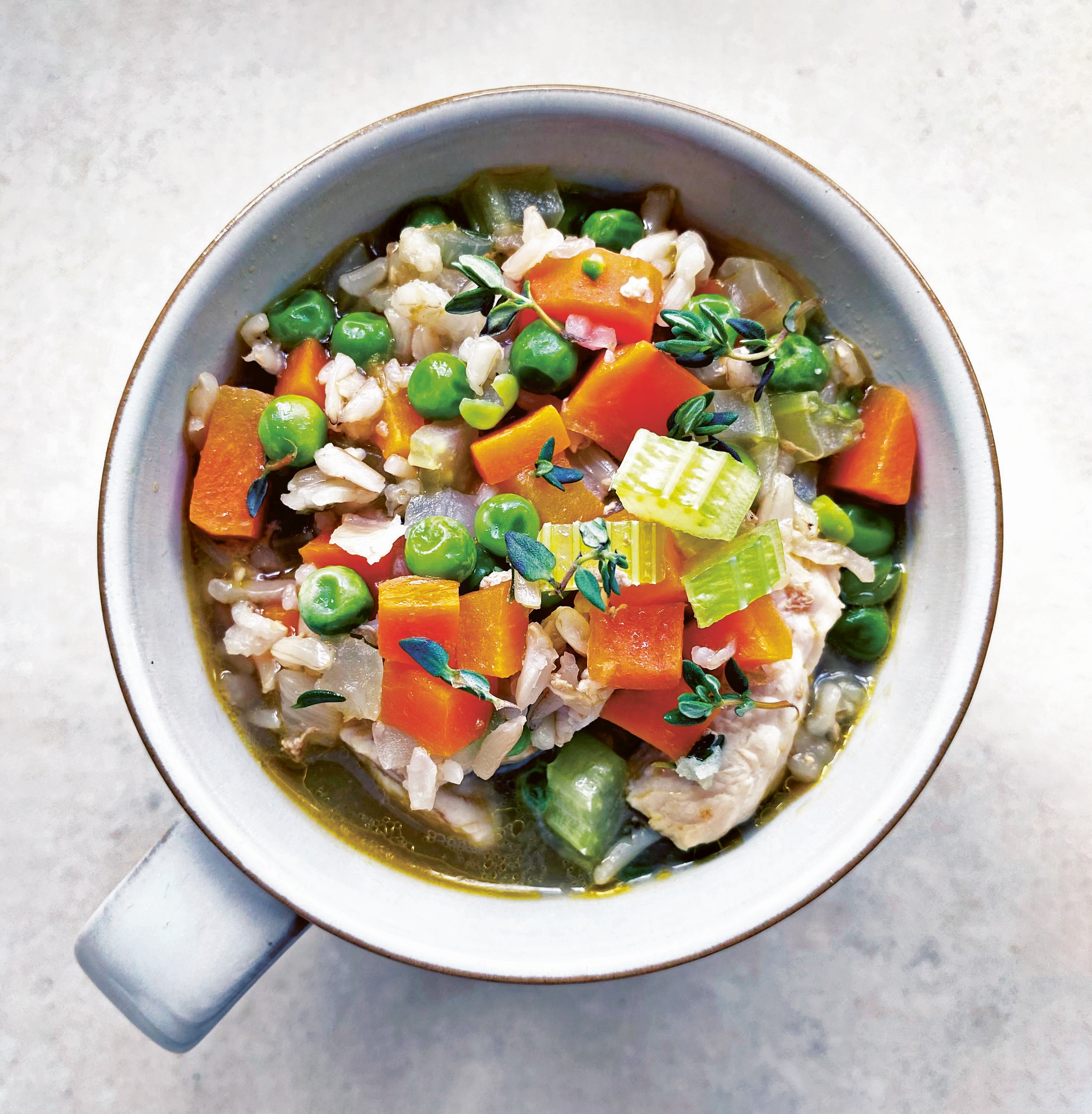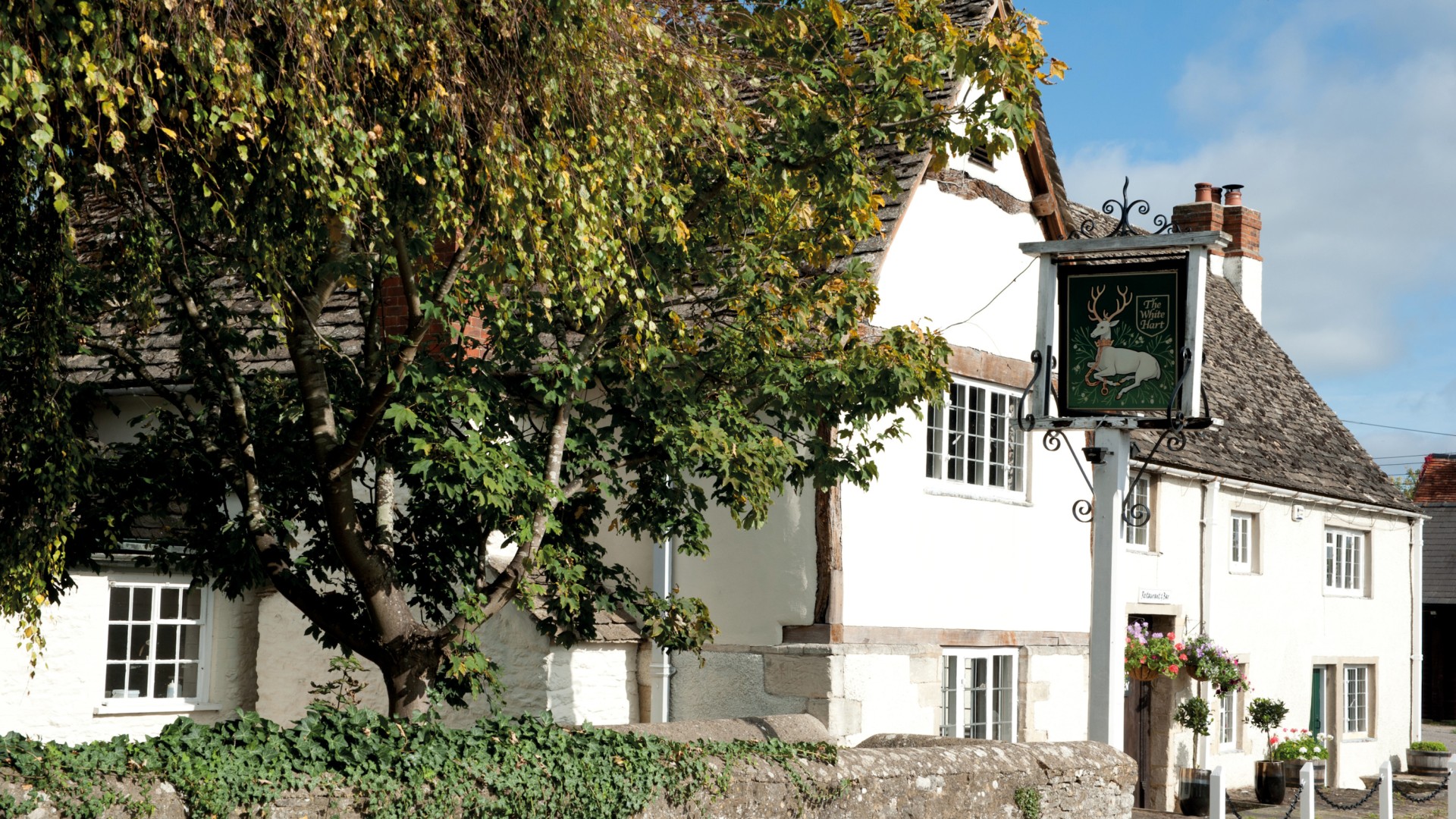Depending on your viewing habits, you may know Steve Russell and Giles Atwell as those chocolate guys who got a five offers of investment when they showed their wares on Dragon’s Den. However, if your Thursday evenings are occupied elsewhere there’s a strong chance that you know them best as purveyors of fine, fresh chocolate. Each have a background working in the industry and together they have combined their expertise and their passion to take British chocolate to the next level.
How did you come to develop your unique chocolates – what was the inspiration? And what was the ‘eureka’ ingredient?
Both Steve and I have long wanted to create our own chocolate business. The simple question or eureka moment for us was the question: ‘If everything tastes better fresh, why are we still eating long-life chocolate’? It’s kind of common sense that we all eat fresh pasta and drink fresh juice – well fresh chocolate made with organic fresh cream from the Cotswolds and British Wildflower honey tastes a lot better than mainstream long-life chocolate that is typically made with palm oil.
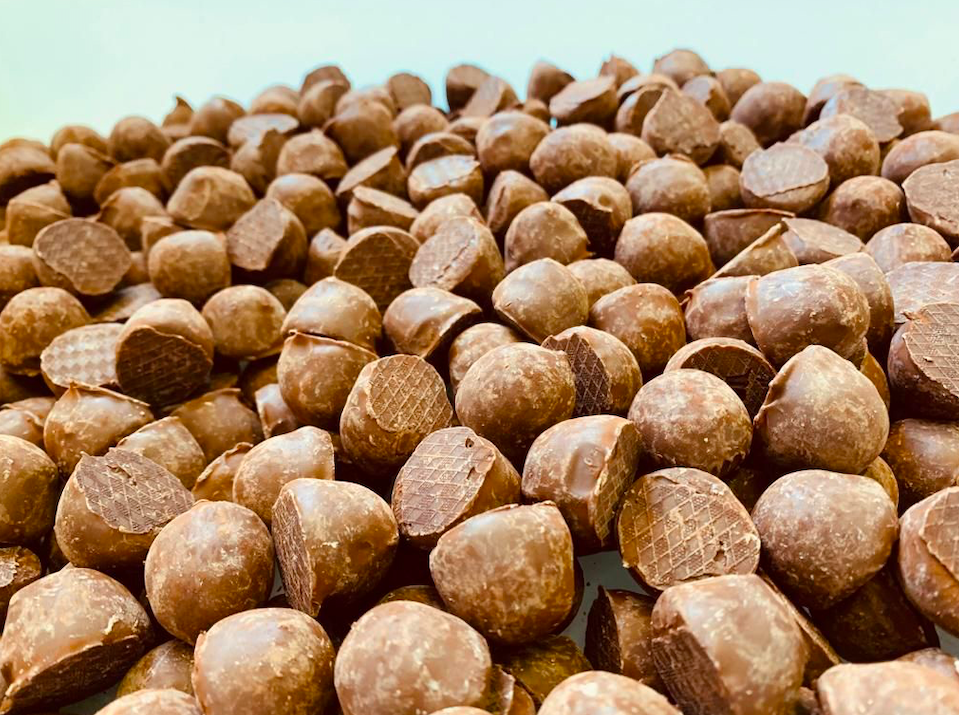
What was the motivation behind getting rid of palm oil from the ingredients list?
Primarily taste – nothing tastes as good as fresh organic cream. Palm oil is largely tasteless and odourless, it just melts nicely, but leaves a waxiness on the palate. Whereas fresh organic cream gives a beautifully indulgent rounded flavour and a long, lingering melt to the chocolate. Additionally we like the idea of using local (British wherever possible) ingredients and are aware of the damage that a palm oil monocrop does to the environment. Also, why would you ship an ingredient half-way across the planet, when you have a better quality, tastier alternative on your doorstep?
We understand that Giles has a family history of working in chocolate – can you tell us a little more about that?
Giles: Happily. My Grandfather began a chocolate company in 1921 in Scrubbs Lane, London supplying bulk chocolate to everyone from patisseries to biscuit and ice cream manufacturers. In fact he helped to launch the first Choc Ice (with Walls Ice Cream in about 1927) and the first chocolate chip cookie (Maryland Cookies in 1956). My Dad ran it for over 30 years, moving it from London to Banbury in the late 1970s, until it was eventually sold. The factory still exists; we had a reunion there recently.
And how did Steve become involved?
Steve and I knew of each other in Mondelez/Cadbury, but we properly met when working at Godiva and got on very well from the start. We started thinking ‘hmmm, we could better ourselves’. On the packaging, Giles has the pencil behind his ear (I look after demand and the sums) and Steve has a mixing bowl (looking after supply – including the all-important chocolates development) – and that’s basically our partnership.
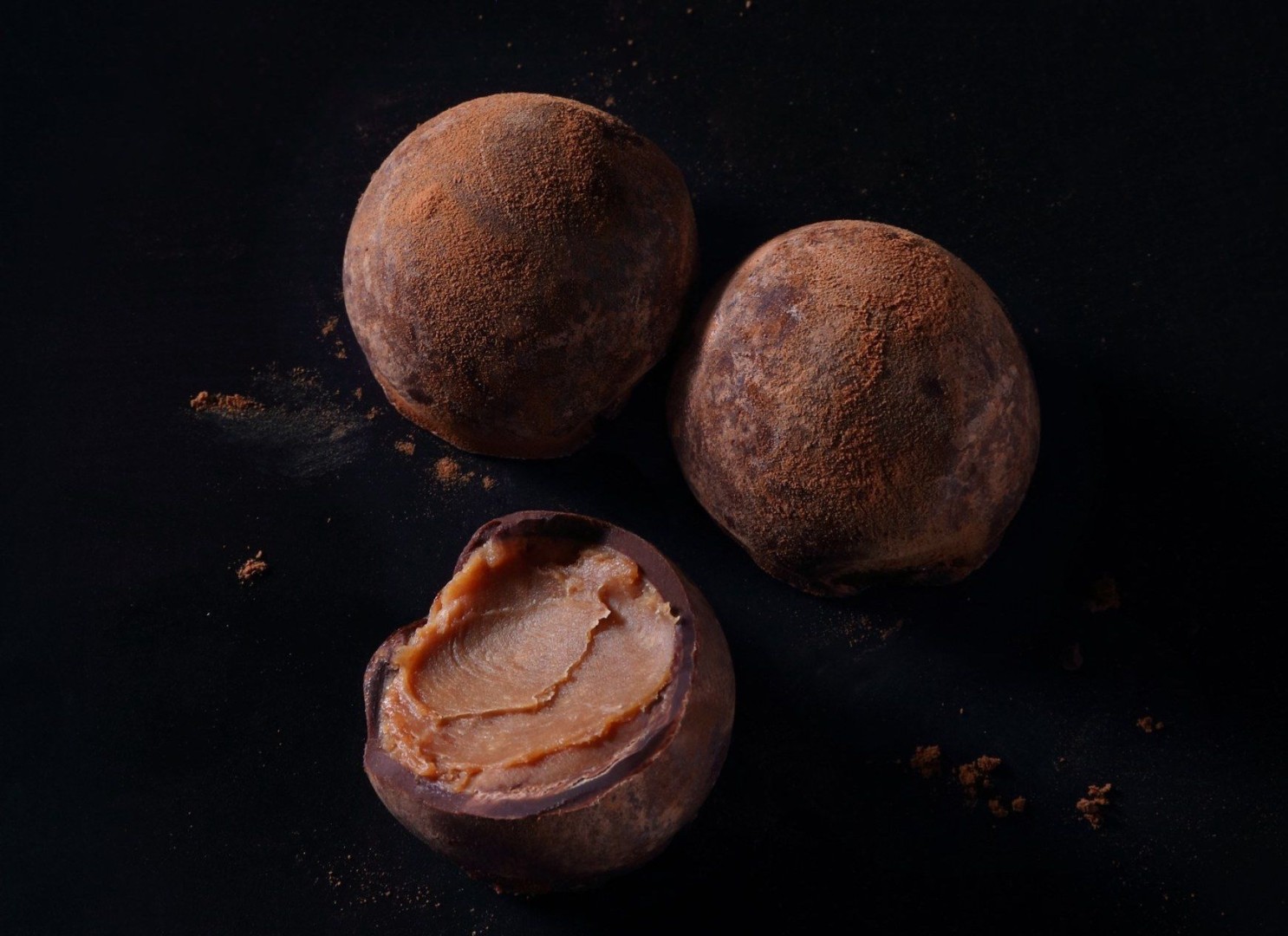
How is British chocolate seen within the chocolaterie world?
A bit like British food from years ago; there is a certain snobbishness against British chocolate from the continent, but the reality is that there is some great British chocolate out there (just like our gastropubs).
Would you call yourselves disruptors?
Yes, absolutely – 99.9% of chocolate sold in the UK is ambient with a typical shelf-life of 12+ months. We are fresh with a life of 12 weeks. It’s different, and we think a much better experience. Most importantly, our customers can taste the difference.
Why do you call your boxes Monty?
We are really proud of our British heritage and we’re proud to be a British chocolate business. We’re also proud that outside of the cocoa (that cannot grow in the UK) just about all of our ingredients are from the UK, as is the majority of our packaging.
In terms of the ‘Monty’ boxes – our top-sellers are variety packs, and we were looking for an unmistakeably British name for these packs. There is a story that General Montgomery always had a full English breakfast, even in the heat of the desert. We really liked this way of describing generous variety and it is unmistakeably British. Plus, the fact that there’s also a brilliant British film (The Full Monty) only helps.
Can we ask about your appearance on Dragons’ Den?
The reality of Dragons’ Den is that there’s an awful lot that never makes it to TV – we were grilled for about 90 minutes, but only 14 minutes were shown. In the end we had five offers, twice, so we had to choose. Once we started narrowing down to Peter and Steven, it was easy for the others to drop out. We felt confident to negotiate as we were always genuinely prepared to walk away. We had only just started the business and were self-funded for the next few months, so we didn’t need the money at that point. It was obviously additionally helpful that with 30+ years in the industry, we knew roughly what we were talking about.
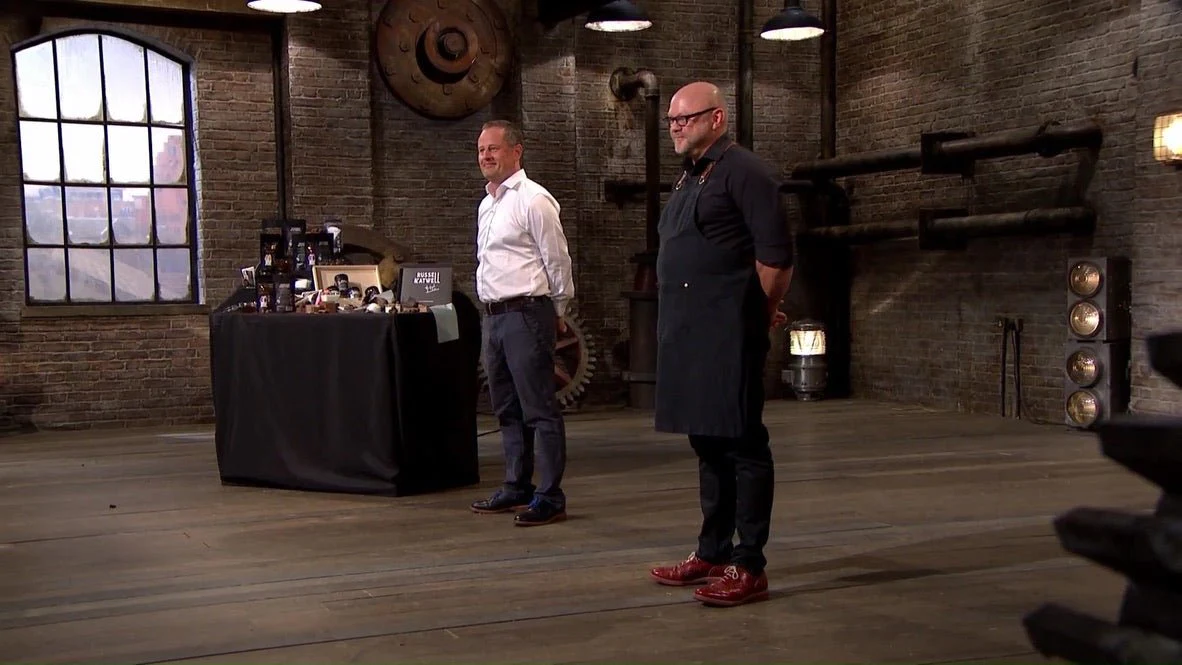
Both Peter Jones and Steven Bartlett went on to invest. What has it been like working with them and can you shed a little light on ‘what happens next’?
The reality is that you are still left in charge of the day-to-day running of the business, and rightfully so. We know that Peter and Steven and their teams are available if and when we want help and advice. For example, Peter’s legal team were very helpful in our recent and first proper fund-raise with investors, while Steven and team have been helpful in coaching us on how to sharpen the effectiveness of our social media. But day-to-day ,it’s on us to drive the business.
Regardless of offers from Dragons, what did the exposure do for your business?
The exposure was phenomenal! And, not only did we get about five million people seeing our business via BBC Dragons’ Den, but the next night we were featured on Gogglebox. So our little business, we estimate, was seen by about 10 million people over about three days. We sold two years of sales in two hours; way, way above any estimates or guidance we had from brands who had previously appeared or advice from Peter Jones’ team.
This was a brilliant problem, but a problem, nonetheless. We took several weeks to get the orders out and several months to re-stabilise our business. That’s now two years ago, but it still helps us today as a lot of people have a latent awareness of us. This helps us continue to drive trial and helps us get our yummy fresh chocolates into more fridges across the nation.
You introduced Easter Eggs this year – what’s next? And do you think you’ll ever sell your chocolate in bar form?
We love creating new flavours – it’s what Steve does best, so we’re always looking for new flavours and new ideas. Our most recent Dirty Blond launch is our most successful flavour ever. We were also delighted to have an Easter Egg this year, finally.
Now a chocolate bar, well there’s a thought, ahem, no comment…
Yum, yum. We can’t wait to see what’s next. You can find out more (and place an order) at russellandatwell.com

